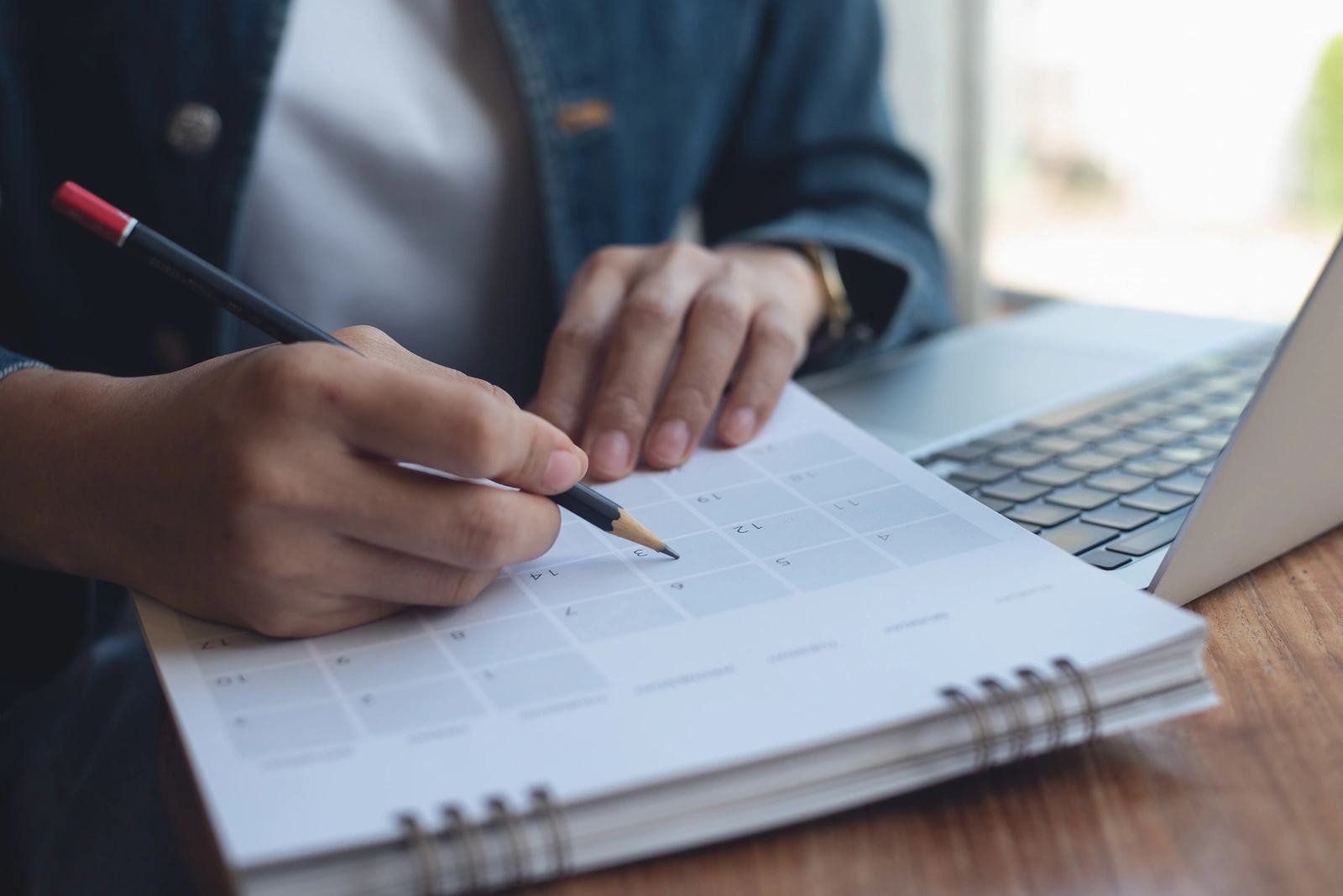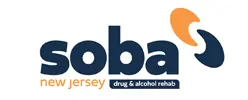A Complete Guide on How to Create a Relapse Prevention Plan After Rehab
Written By:

Table of Contents
Have you come clean recently?
In 2022, over 48 million people had a substance use disorder. Relapse is a common but insidious problem among people recovering from addiction. It can ruin relationships between family and friends.
It’s crucial to know that relapsing after coming clean is not a sign of failure. However, there are also some ways to avoid it. Want to know how to prevent relapse?
With this guide, you’ll learn how to make a viable relapse prevention plan. That way, you’ll never have to fear relapses again. Read on and find out more:
1. Learn Your Triggers
Before you learn your triggers, you must educate yourself on how relapses work. This allows you to set the foundation of your relapse prevention plan. Everyone has varying potential triggers, meaning different situations can cause you to relapse.
Regardless, these triggers contribute to the emotional and mental stages associated with relapses. This includes people you interact with. The worst part is that seeing drugs or being in locations where you used to do drugs can cause you to have the urge.
Triggers may also include events that deter the balance in your emotional state. This could make you more vulnerable to emotional relapses. If you interact with negative people in a stressful situation, you may feel that drugs can help you feel better.
The withdrawal symptoms can be alienating, causing you to get triggered. With this, you must avoid these people and situations as often as you can. This allows you to maintain a healthier emotional mindset.
2. List Your Relapse Symptoms
Every person going through a relapse does so in three stages. However, these symptoms can vary depending on the person. Think about your behaviors whenever you’re struggling with negative emotions and lack of sleep.
Determine whether you become withdrawn or aggressive. Once you recognize how you react helps you know your moments of weakness. This enables you to know when to ask for support from people you trust.
This also helps other people notice your sudden behavioral changes. If you have a friend struggling with an addiction, a list will help you know when to step in.
3. Draft Your Potential Solutions
Think about the potential scenarios where you can’t avoid your triggers. During those times, you must have a plan to avoid giving up on being sober. Learn how to use a healthy outlet since it relieves some of the internal pressure.
Physical activities, making art, or reading a book are better alternatives. You can also think about the reason why you quit doing drugs in the first place. Once you remember that reason, it can help you feel grounded.
Doing these exercises can help distract you. It’s precious when you’re experiencing powerful cravings.
Once you recognize that you’re going through either an emotional or mental relapse, make a plan. Ensure that someone is available for contact, whether it’s a loved one or a support group member.
The key to relapse prevention is surrounding yourself with positive influences. This includes supportive people who will always encourage you.
4. Stay Positive
It’s not too difficult to slip back into fear and self-doubt. If you undermine yourself, you’ll only make things more difficult for yourself. To counteract this, come up with healthy ways of dealing with stress.
Focus instead on your accomplishments so far. A shift in perspective can go a long way. You must never hesitate and celebrate your present sobriety. Make it a habit to give yourself a healthy reward, no matter how small it may be.
5. Have a Plan When You Relapse
Your ultimate goal is to prevent relapses from happening. However, it’s crucial to set yourself up for a long-term relapse prevention plan. Some people relapse even after years of sobriety.
If you’re ready when it happens, you’re more likely to recover faster.
You must know the people to contact and the next immediate step in the right direction. It matters not if it involves meeting with a sponsor or attending group meetings. Extreme cases of relapse can lead you into a drug rehabilitation program again.
6. Involve Other People
Involving other individuals in your recovery process helps you make a long-lasting change. Ask someone from your support group or a loved one whether it’s okay to call them. When distracting yourself from cravings, ask a friend to accompany you.
For example, you can go for a run with your friend or help your mom clean her garage. As long as you use healthy distractions, your mind will forget about your urges.
You’ll also develop meaningful relationships with people who value your sobriety the most. On the opposite side of the spectrum, you also need to know when to cut people off.
Learn to avoid various social situations and relationships that trigger relapses. Cut off friends or loved ones that do drugs and drink alcohol every night. These relationships aren’t worth keeping if you plan to maintain your sobriety goal.
7. Set Goals for a Healthier Lifestyle
To prevent relapse, you may need to change your entire lifestyle. This means planning your daily, weekly, monthly, and forever health goals.
For example, you can start by taking 30 minutes to do yoga every day. After that, adopt a new hobby like martial arts each week.
If you make daily efforts to prioritize your wellness, it helps manage your stress. At the same time, it reinforces your perception of self-worth and value. That way, you won’t feel dependent on drugs.
Make a Relapse Prevention Plan Today!
Want to know how to make an effective relapse prevention plan? Check out these relapse prevention tips. Use these to maintain your sobriety and enjoy the health benefits that come with it.
Are you struggling to recover from substance abuse? If so, contact us today, and let’s help you out.


